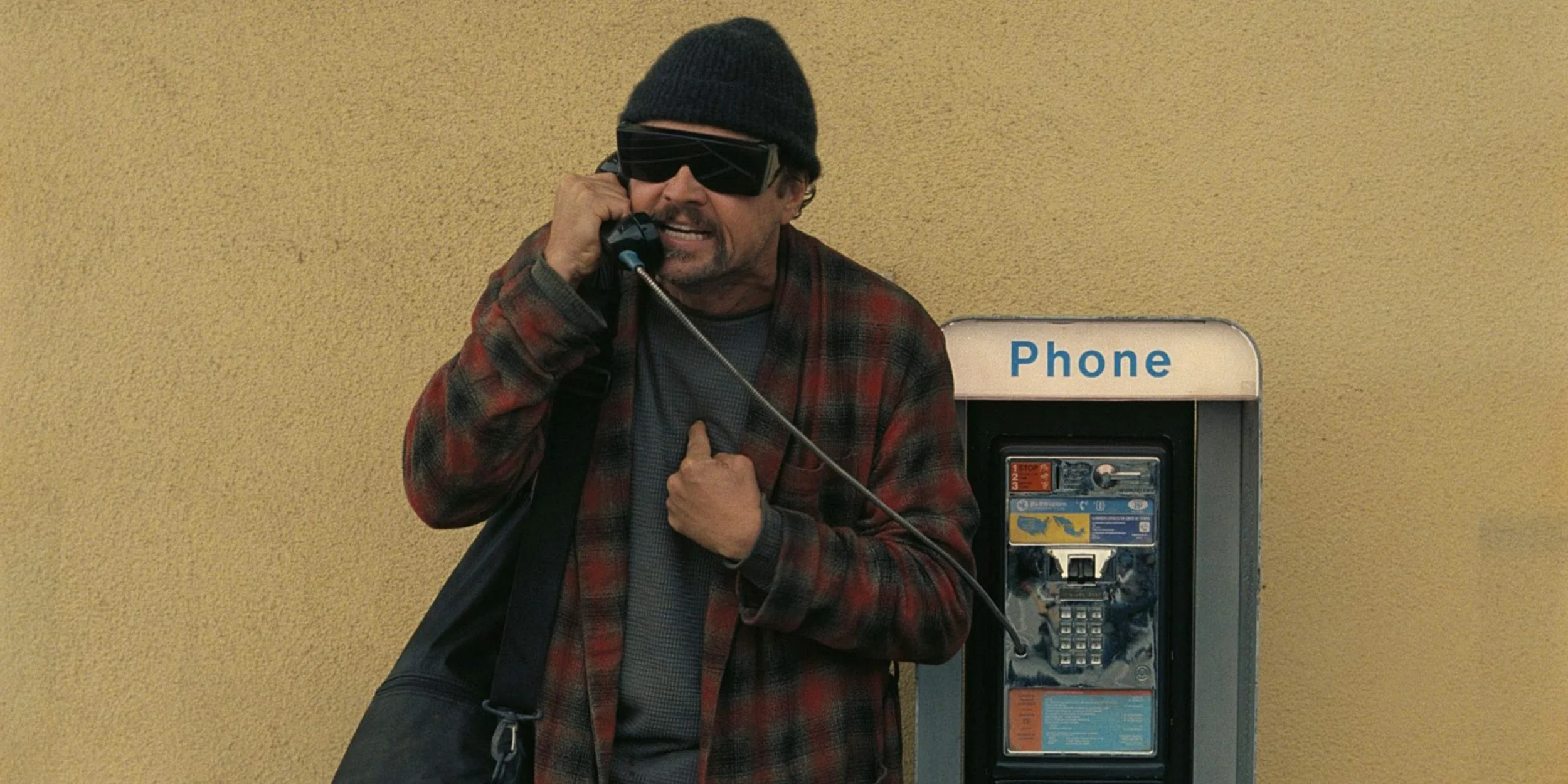It Was Just an Accident Is a Screwball Thriller
The latest film from Jafar Panahi, It Was Just an Accident, opens on a dark road. A couple drives through the night with their young daughter, and the camera remains close, fixed on the three of them, so that the car forms a dim center of light. When the girl insists that her father turns music up for her to dance to, his action is aloof enough that we aren’t sure whether he’s acquiescent or annoyed, merely reserved or bottling something within.
In the dark they hit a dog, and the father slowly checks on the animal and puts it out of its misery. We don’t see it happen—the act of violence takes place offscreen. When his daughter begins crying a minute later, the woman notes how impossible it is to see things in the night, how there was no avoiding it. “It wasn’t his fault.”
Perhaps, in this instance, it’s true. But consider the immediacy, the ease of the reflex to justify or deflect guilt. It occurs without a thought, removing the idea of blame before it could be laid in anyone’s lap. It’s far easier to simply move forward, to keep driving, to avoid looking in the mirror to witness the damage. If the darkness allows such an event to take place, it also enables a willful blindness to leave it behind.
This man (Ebrahim Azizi) will, in fact, spend nearly all of the film’s runtime in a vehicle, though against his will: blindfolded, frequently unconscious, and hidden in a wooden box in the back of a work van. He has been kidnapped by Vahid (Vahid Mobasseri), who has heard the squeak of the man’s prosthetic leg and linked it to the sound of Eghbal, an Iranian officer who previously tortured Vahid when he was imprisoned for protesting unpaid wages. The sound of the prosthetic leg careens Vahid back to the horror of his days in prison, blindfolded and abused without recourse, and he acts rashly. He follows Vahid, he grabs a shovel, he loads him into his van, and he drives out into the desert to enact his vengeance on this wicked man.
But the practicalities of vengeance are harder than expected, and digging a grave is no easy task. Before Vahid can see his vengeance to completion, the man cries out that he has no idea who Eghbal is. At first Vahid is undeterred, but doubt creeps in. And so the man finds himself back in the work van, bound and locked in a box, as Vahid searches for other victims of Eghbal, hoping that they might help confirm the man’s identity. Vahid’s journey crosses paths with Shiva (Miriam Afshari), a wedding photographer; Goli and Ali (Hadis Pakbaten and Majid Panahi), her current clients dressed in their wedding finery; and Hamid (Mohamad Ali Elyasmehr), a man whose suffering has left him volatile and antagonistic to friend and foe, alike.
The structure and performances lace the movie with unexpected humor as the absurdity of the situations escalates. The tension of revenge is juxtaposed by the image of a woman in a wedding dress angrily climbing into the back of a work van or next to an open grave in the desert. Vahid may be intent on getting justice, but he also gives in to every security guard, gas station attendant, and nurse who asks him for money. And when a man sits against a tree branch for a moment, as though in hope that clarity will simply show itself, he can’t help but realize his unintentional reenactment of Waiting for Godot. These touches all inject a bit of lightness and silliness, making It Was Just an Accident resemble a screwball thriller.
Despite that levity, however, Panahi’s film never lets the characters or the audience forget about that man tied up in the van. The camerawork is sharp but maintains a realist perspective on these characters, highlighting on everyone’s face the anguish resurrected by the (possible) reappearance of Eghbal. Despite the rigorous attempts of the Iranian government, such cruelty and trauma can not simply be left in the past or in the dark shadows along the roadside. The perpetrators may be able to evaporate what happened, but that is a privilege never allotted to the victims.
So how does one stop the proliferation of evil? In a culture that prefers to move forward in willful ignorance, how does one seek justice? Panahi's characters are confronted with the possibility that the insistence of justice in such a world may require the fracturing of their own morality. There are no easy answers, there is no resolution. What we get from It Was Just an Accident, instead, is a film of fury and incendiary—if tentative—hope.



